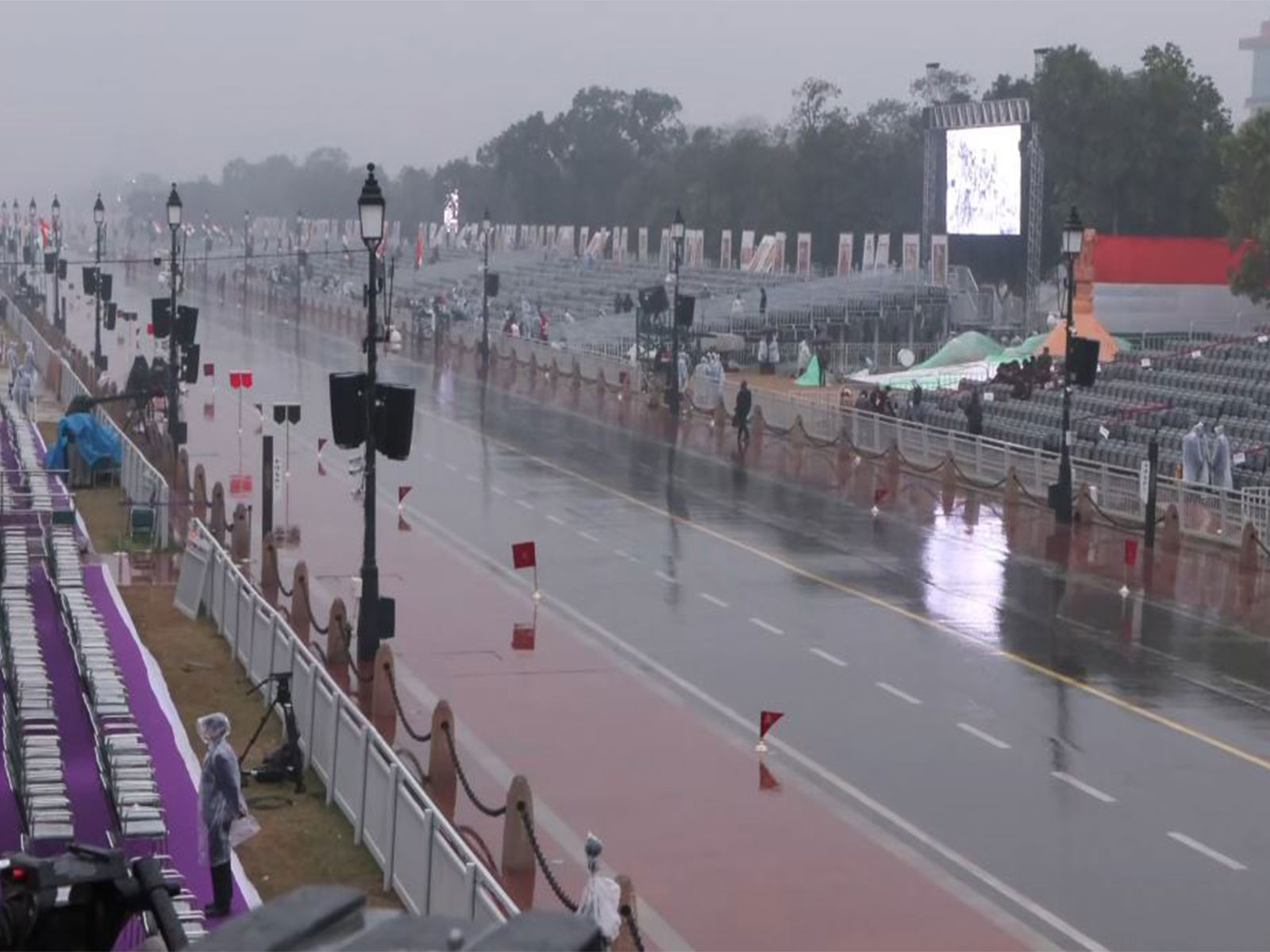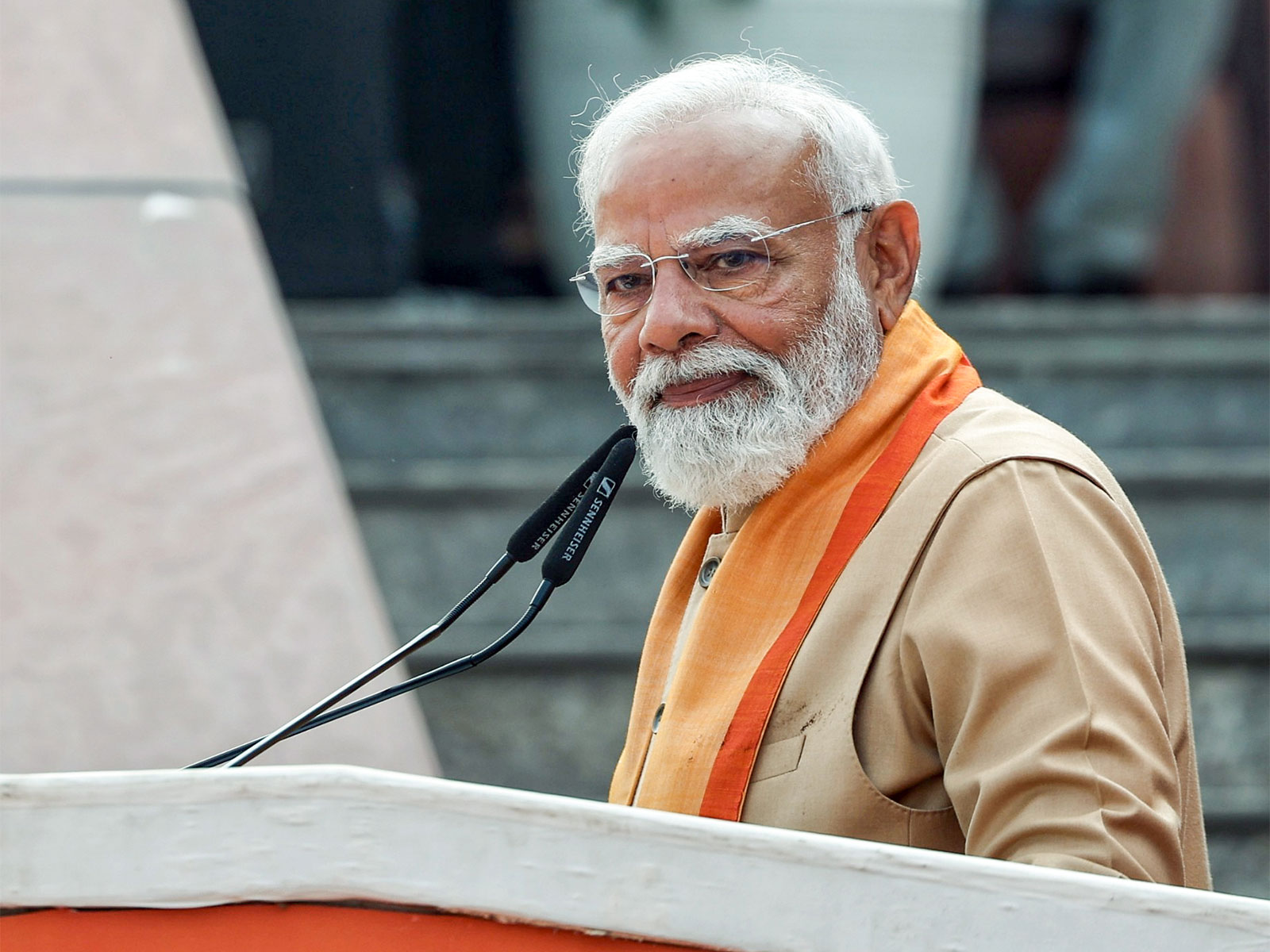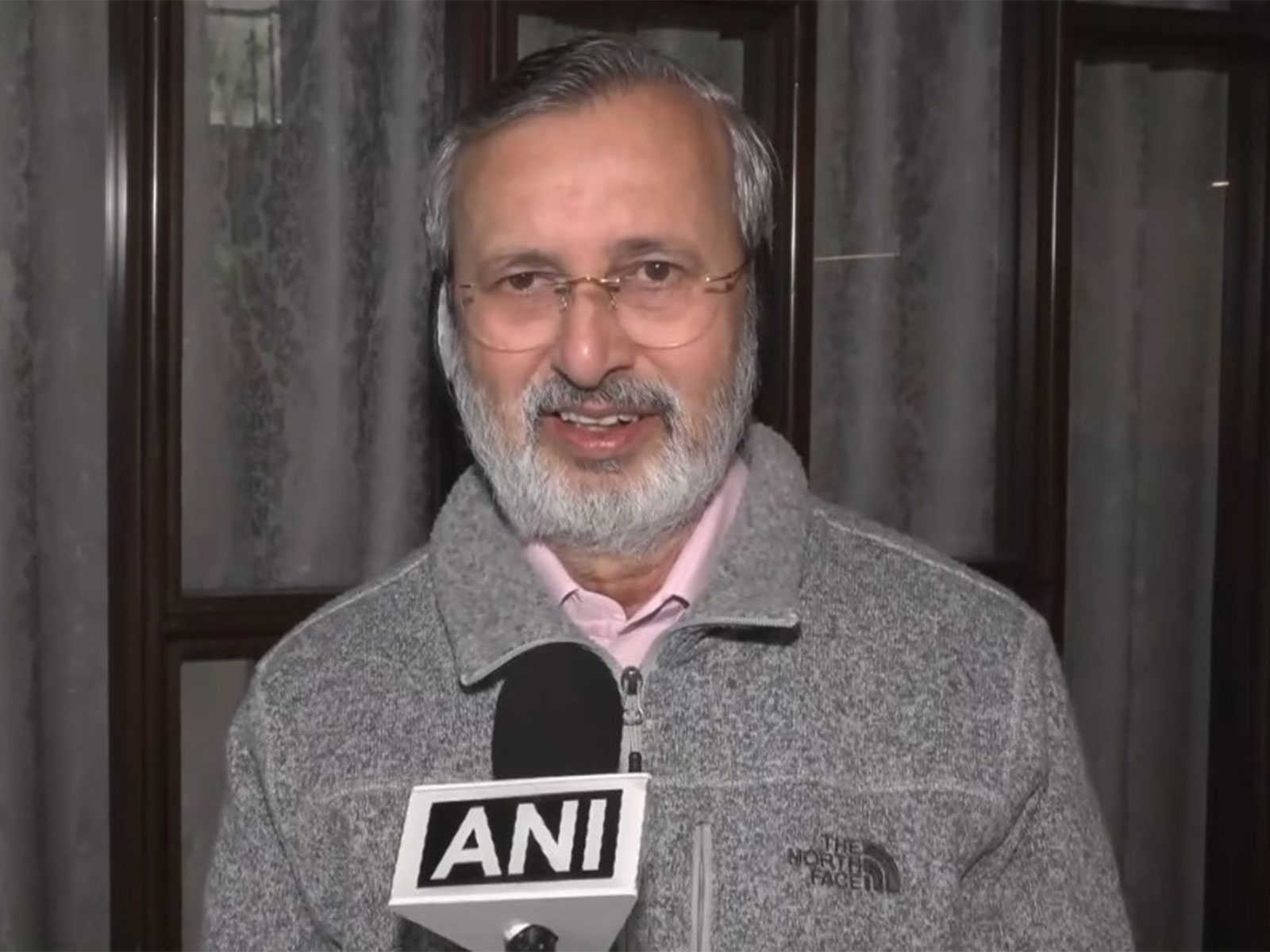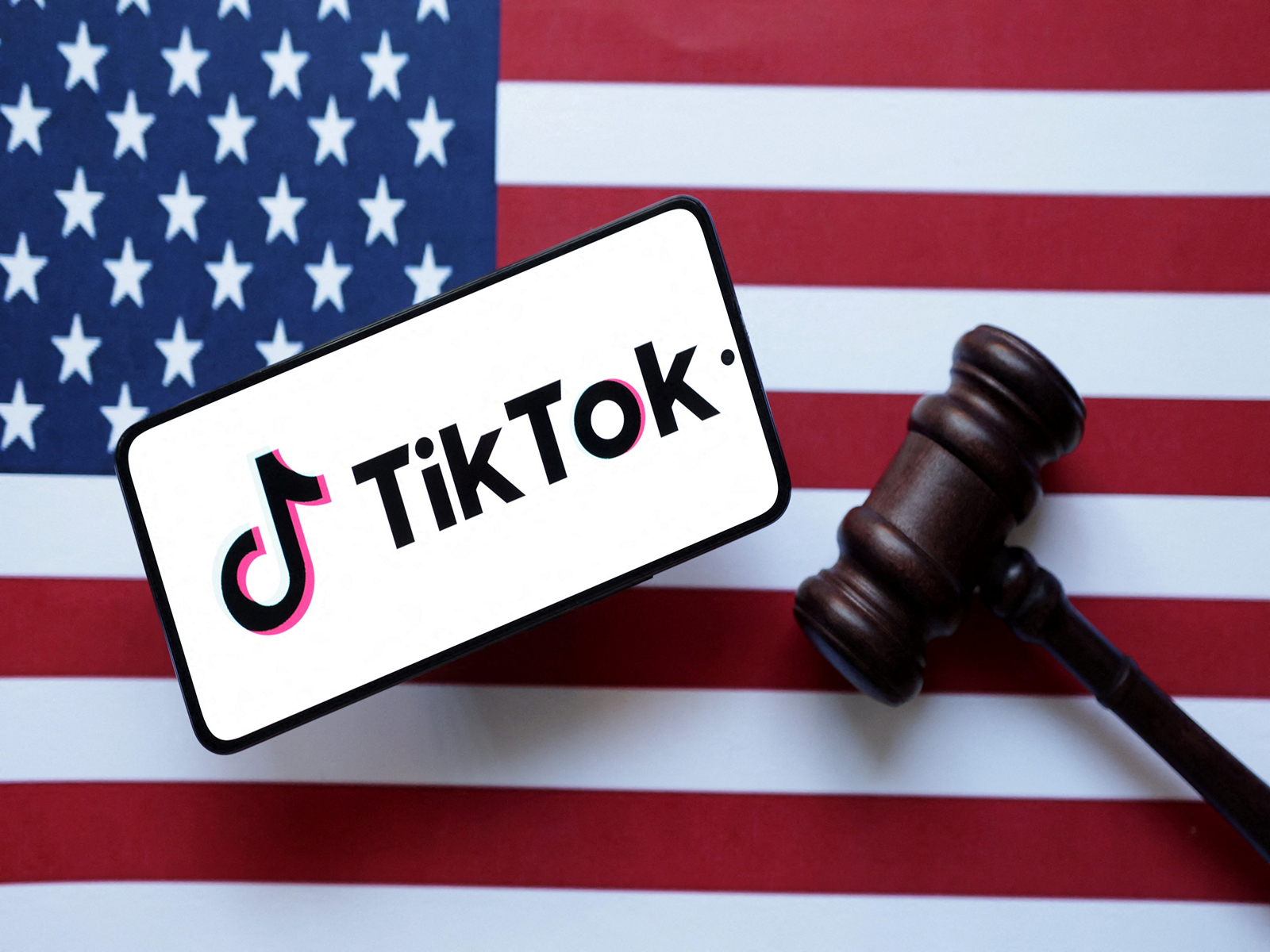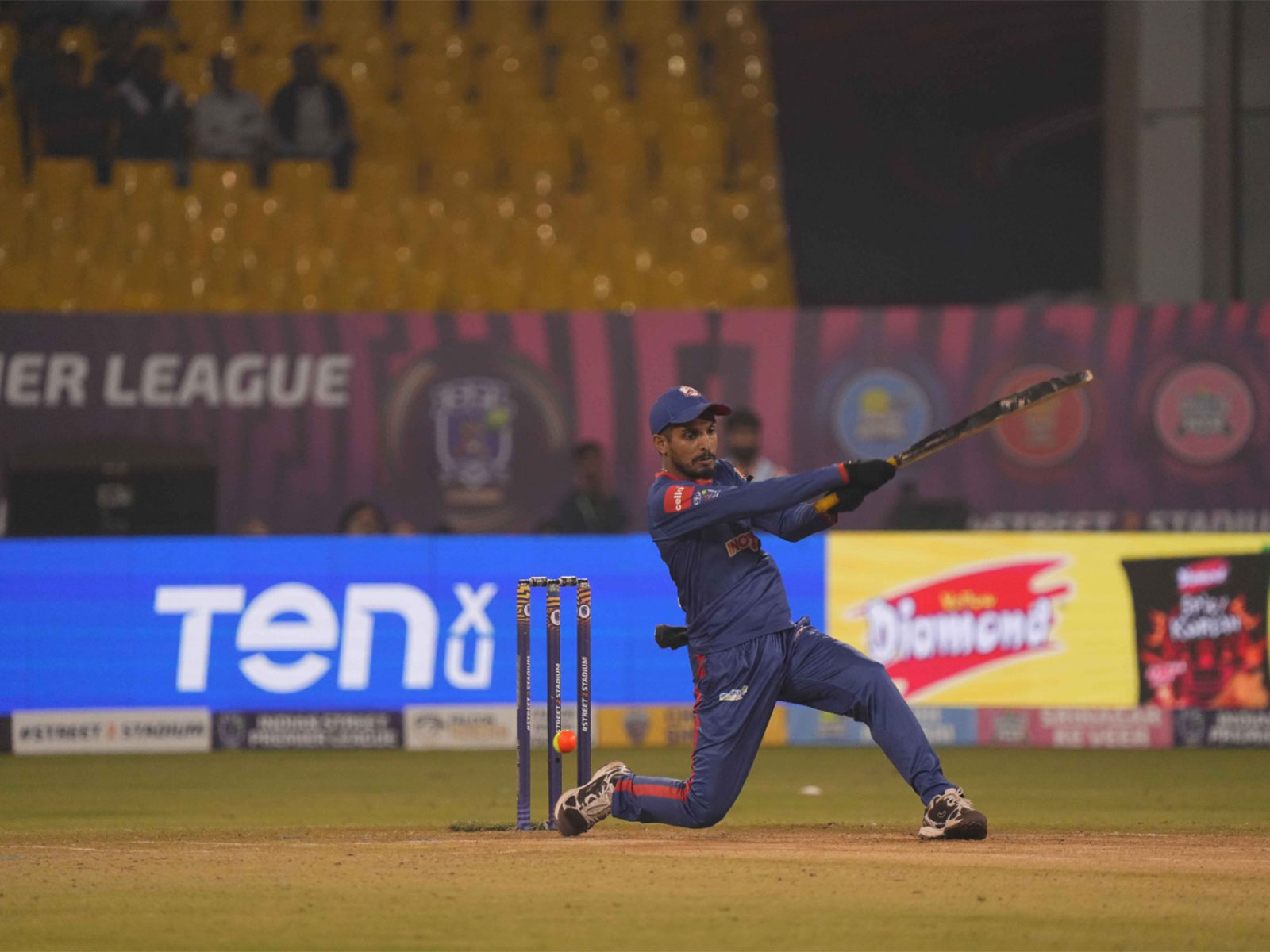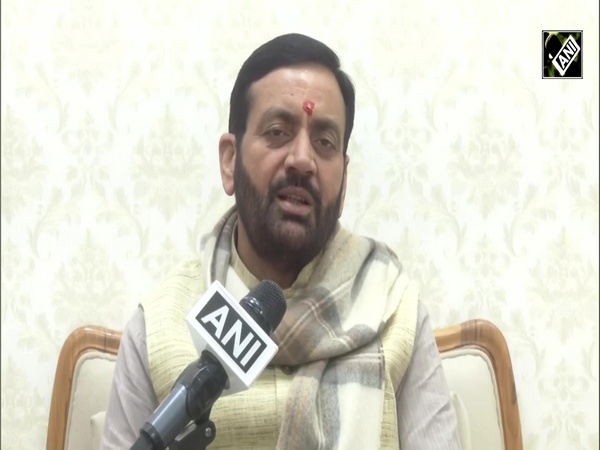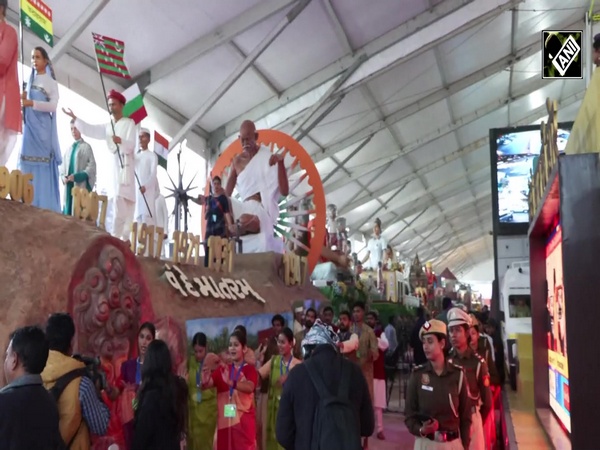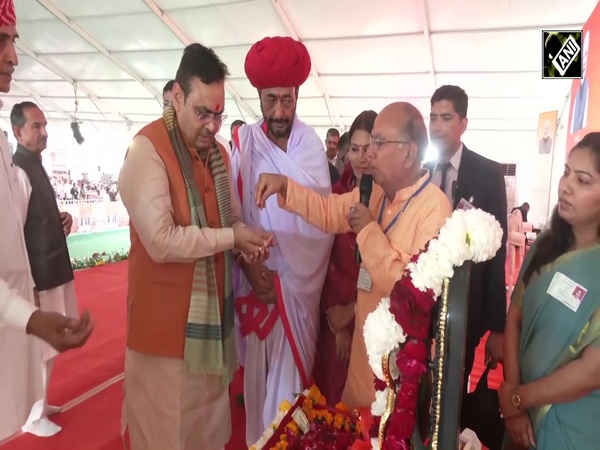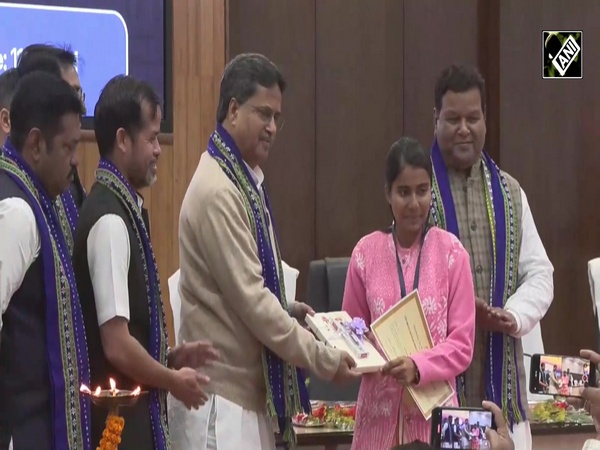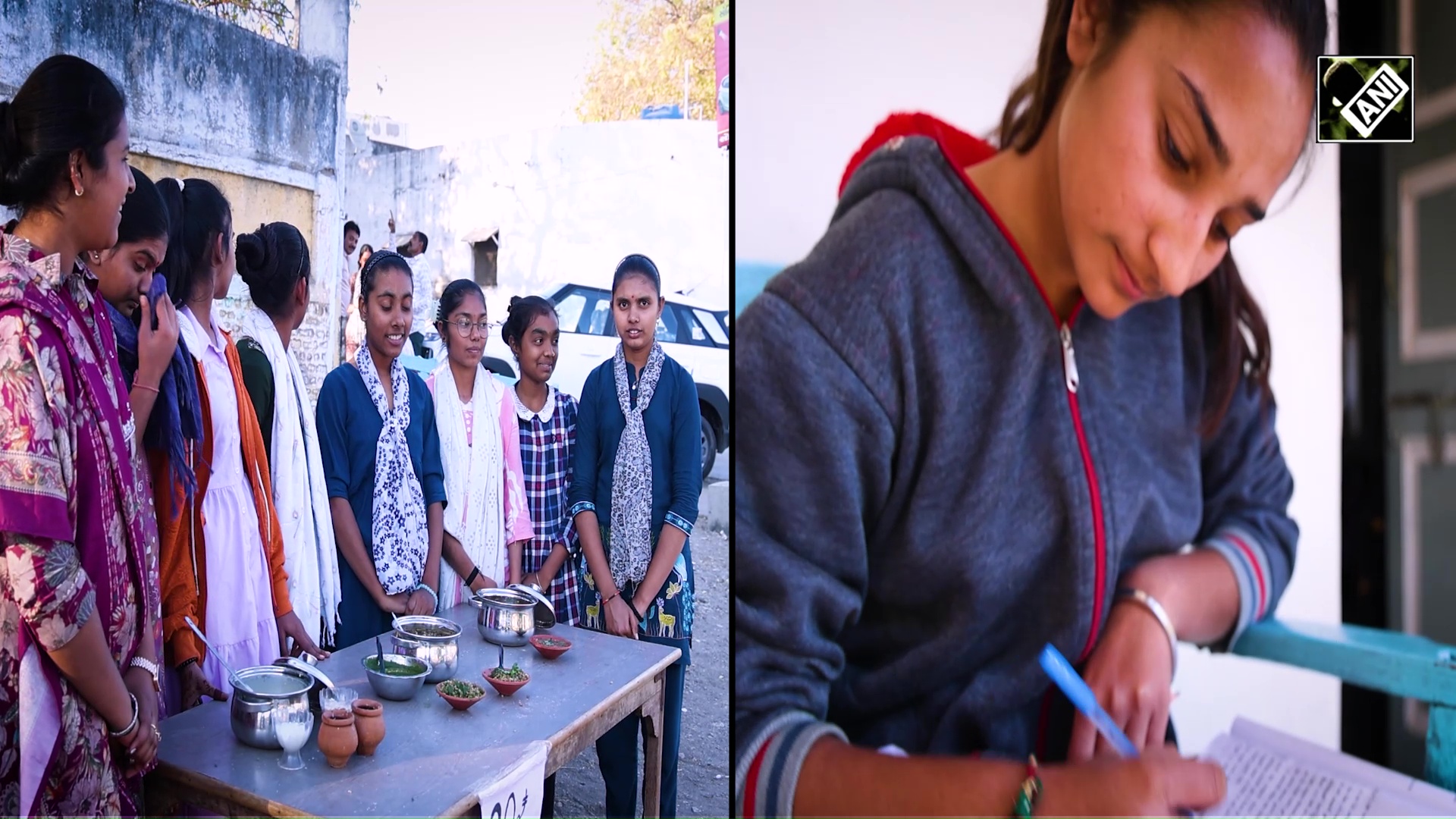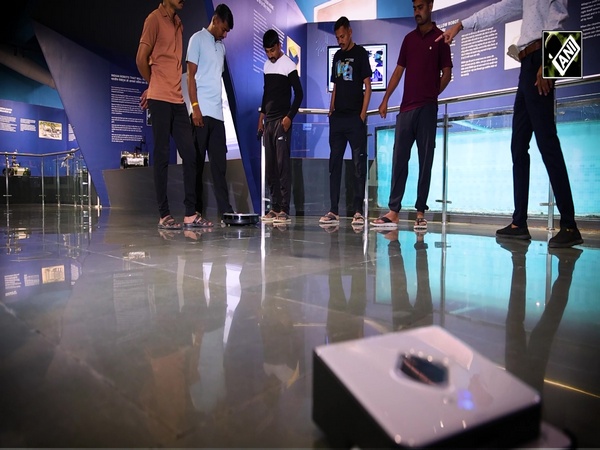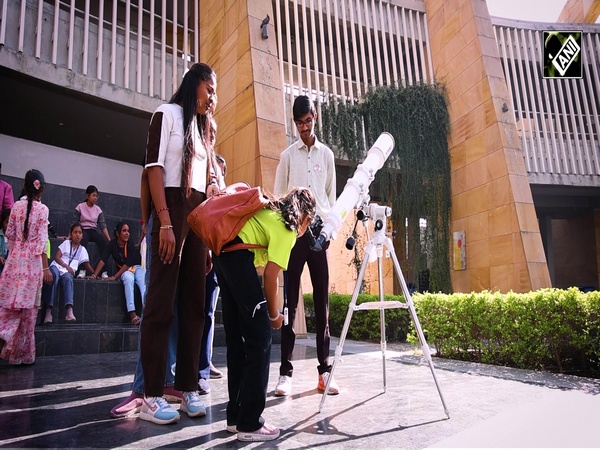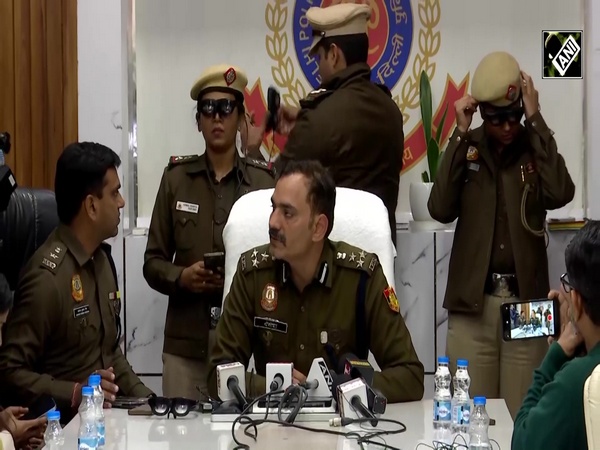Judicial responsibility, economic growth take center stage at Kartavyam Lecture Series
May 02, 2025

New Delhi [India], May 2 : The fourth session of the Kartavyam Lecture Series delved into critical discussions surrounding the judiciary's Kartavya (duty) to the nation, intertwining legal, civic, and economic perspectives.
Dr Alka Chawla, Patron of the Kartavyam Programme, warmly welcomed esteemed guests, Justice SN Dhingra and economist Sanjeev Sanyal, while providing an overview of previous sessions and the thought leaders who have contributed to the initiative, as per an official release from Delhi University.
Dr Seema Singh, Programme Director, set the tone for the lecture by introducing a fresh concept, Rights of the Nation and Duties of Citizens. She described Kartavya as a self-driven, noble, and divine obligation, distinct from externally imposed duties. She further proposed establishing a Kartavyam school of thought, rooted in Natural Law, to reshape legal discourse.
Justice (Retd) SN Dhingra, a vocal advocate for judicial reforms, delivered a candid and hard-hitting speech, sharply critiquing the higher judiciary. He questioned whether the judiciary was fulfilling its constitutional mandate of upholding the rule of law and ensuring equality. He denounced the growing elitism in the courts, arguing that justice remains reserved for those who can afford it, leaving the common man struggling against excessive costs and procedural delays. He remarked that the Supreme Court had become distant from the masses and had failed to reform itself despite years of public dissatisfaction, the release read.
Expressing concern over the decline of Public Interest Litigation (PIL), Justice Dhingra described it as a tool often misused for publicity and personal gain. He criticised judicial overreach, stating that the judiciary had increasingly positioned itself as superior to the government, interfering in executive matters where its involvement was unwarranted.
He also touched upon the legal fraternity's outdated traditions, pointing out that even post-independence, India failed to make basic institutional adaptations, such as modifying judicial attire to suit the tropical climate. He asserted that an institution disconnected from its nation's environment and cultural realities reflects a broader failure to serve the people's needs. Justice Dhingra further accused the Supreme Court of practising favouritism in case allocations, leading to "criminal wastage of time," which ultimately harms litigants.
He urged the judiciary to embrace the Indian Judicial Service to democratise access to top judicial positions and called upon Parliament to play a decisive role in enforcing systemic reforms.
Shifting the discussion to economic implications, distinguished economist and policy advisor Sanjeev Sanyal stated that judicial inefficiencies are a major hindrance to India's economic progress. He highlighted how rigid regulatory frameworks and outdated institutions breed corruption and criminalise minor infractions, making law-abiding citizens technical offenders.
"Sanyal emphasised the importance of the Jan Vishwas Bill, which aims to rationalise legal processes, and announced forthcoming iterations (Jan Vishwas Bill 2 & 3) to streamline India's legal landscape further. He stressed the urgency of reducing case pendency, simplifying regulations, dissolving defunct bodies, and creating a legal system that prioritises citizens' needs over bureaucratic complexity," the release read.
Calling for judicial accountability, Sanyal asserted that the current generation must take responsibility for pushing systemic change. He urged the judiciary to align its pace with the executive's momentum in driving national progress.
"The session concluded with a powerful collective appeal to redefine Kartavya as not just a citizen's responsibility, but a guiding principle for every institution, especially the judiciary, which holds the key to justice, equality, and a thriving democracy," the release read.
The Kartavyam Lecture Series brings together over 30 renowned scholars, judges, and advocates, with Knowledge Collective as its Knowledge Partner. The initiative collaborates with 20 Central and State Universities and National Law Universities.
